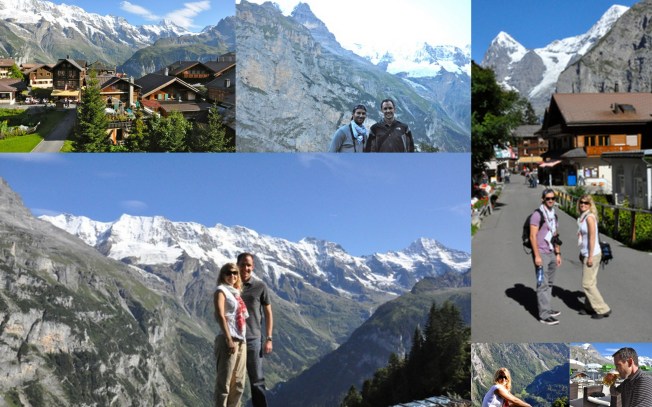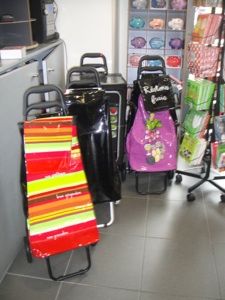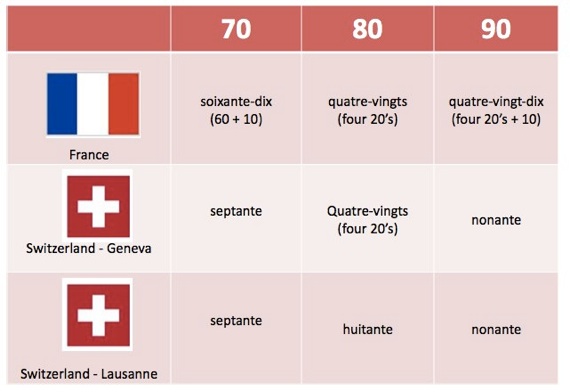Post by Lauren
Before we decided to move, one of Gabe’s cons to moving to Switzerland was that stores weren’t open on Sundays. I questioned why that mattered so much and proclaimed that I would gladly exchange my current over-stressed situation for one that forbade errands to be done on Sunday. It would give me a chance to relax, after all instead of to squeeze in 10 errands from dawn til dusk! He just shrugged.
The jury is still out on preference, but I will admit I was a bit naïve on the impact this has to day-to-day life. I figured it was time to delve into the topic of Sunday closings as well as European vacation time.
Stores
Here is how it works here, without exception:
#1: All stores are open 9-7pm** on weekdays. They close at 5 or 6pm on Saturdays. Clincher: this includes ALL grocery stores.
#2: All stores are closed on Sundays. Clincher: this includes ALL grocery stores
#3: Stores are closed on any holiday. Even the random ones in the middle of the week that no one has ever heard of. Clincher: this includes ALL grocery stores
**Note, most of the time small stores, post offices, and independent businesses are also closed two hours for lunch. Forget getting stamps or nails from the hardware store during this time.
The nice thing is you don’t have to wonder if a store opens late on Sunday or is open on Sunday. In the US it was only Chic-fil-a you had to be careful of. Here, you just know its EVERYTHING!
Grande Vacances
You may already know that Europeans take off 4-8 weeks every summer for their grande vacances. We knew this from working with Europeans in the US but never gave a ton of thought to it except to be jealous.
When we first moved, a lot of people asked us where we were taking our holiday. I would reply that we were just working on settling and we planned to take some time in the winter holidays to visit friends and family. They would look at me strangely.
My French tutor informed me in mid-June that she was going to depart in a week for 6-8 weeks of vacation and we’d resume in mid-August, date TBD. I asked if we were still meeting the next week since she still had a week before she left. She looked at me funny and told me she had to pack over the next week for vacation. Oh.
Gabe was on a conference call and the question came up as one of the managers wanted to get the schedule straight of who was in when. Pretty much every single person he works with is off at least a full month in July/August. He likes it as he is getting to do a lot of big independent projects without a single person in the office.
While this works for Gabe, if you are in client services, you can’t work as your client is gone. Our friend A works with a client who was closed for August, so they encouraged him to take the month off as well.
It is very common to see signs all over town – restaurants, businesses – just closed for 8 weeks. A ran into this when she was baking her cake treats for a Canadienne buffet. The only bake shop in Geneva is closed for the entire summer, so she had to make do without it. We ran into last night when out to dinner with S & S. We arrived to the restaurant I selected in Carouge to find “closed” signs on a primo Saturday night due to their 3 week vacation.

This concept is very hard for Americans to understand. We have a personality of production and are generally not given a lot of vacation time. A few of us had a big conversation on this at the AIWC one day. How do they afford to take four weeks on vacation? How do businesses run without anyone there for 4 weeks? Don’t they need groceries on Sunday? What if you need medicine? If you are single and work full time, how do you ever get groceries or necessities…especially with so many lunch closings!?
The short answer that I was given is that it’s for their health. The Europeans believe that they will simply get sick if they don’t take at least a month off to decompress in the summer. While it is a stretch to afford a four week trip, they truly think they can’t afford not to do it in terms of stress/illness.
And in regards to the Sunday closings and early evening closings, that is the time that they set aside for families and charging their “batteries”. That is why it is forbidden to do any type of work – cleaning house, yard-work, taking out the trash, recycling, laundry, even drying laundry on a Sunday or after 8pm. It’s a time for rest for everyone. You aren’t allowed to exercise your hyper-productivity as a foreigner either. You’ll be pointed at and corrected.
And, it actually isn’t rooted in religion like you might think. My theory is that it maybe originally was. But now, its simply that they fear the stress will kill them.
Switzerland has the #4 life expectancy rate in the world. Take a look at this life expectancy chart. Many Western European nations are at the top. Should I continue to complain or take heed….maybe they have figured something out?















